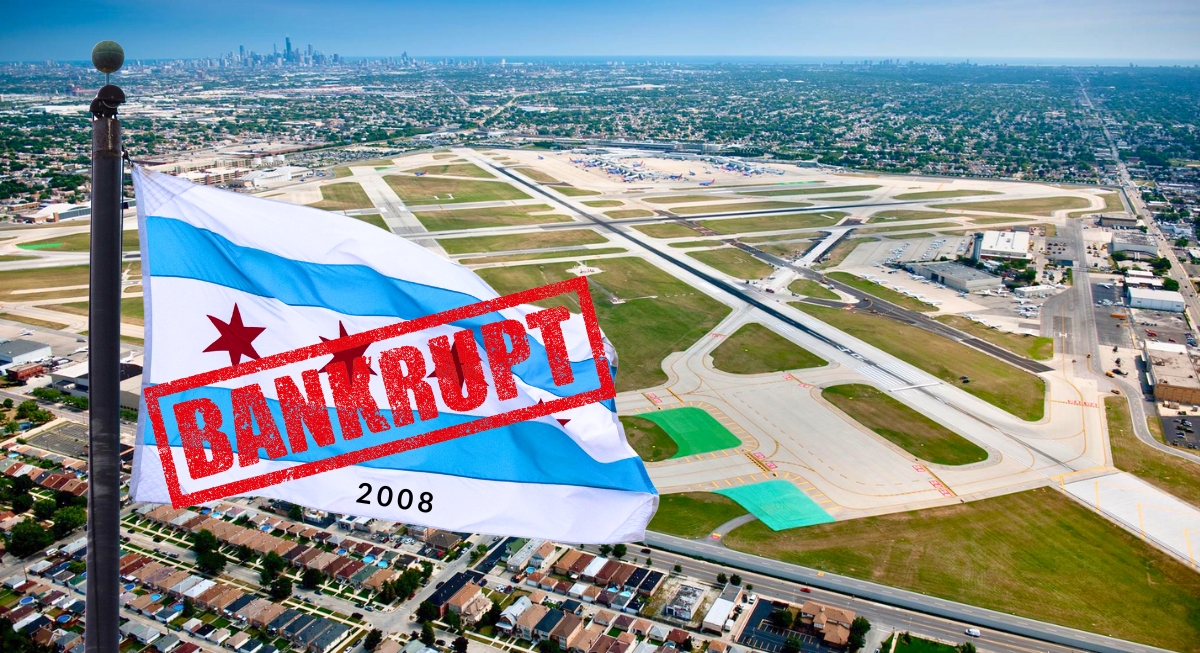Across the U.S., local governments have sold off roads, parking meters, water systems—even their own buildings—in desperate attempts to balance budgets. Many of those decisions came with hidden costs, and the public is still paying for them decades later.
Chicago Parking Meters Lease (2008)
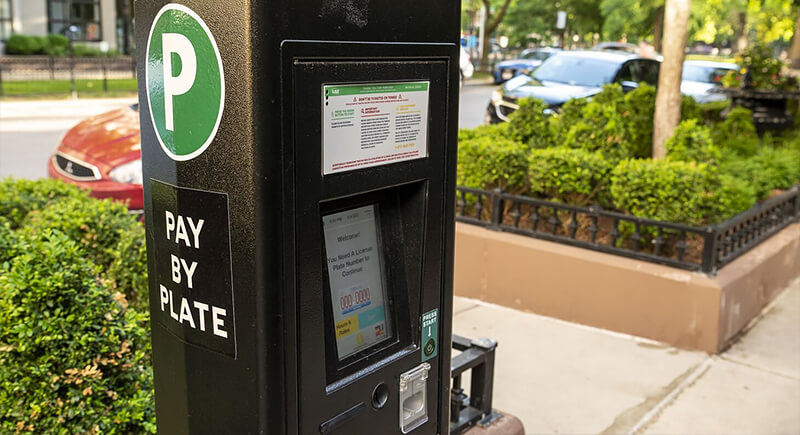
Credit: Reddit
In 2008, Chicago leased its 36,000 parking meters to a private consortium for 75 years in exchange for $1.15 billion upfront. Critics argue the city significantly undervalued the deal, as the private operators have since collected revenues far exceeding the initial payment, with decades remaining on the lease. Additionally, the city is obligated to compensate the consortium for lost revenue when meters are taken out of service for events or construction, further straining municipal finances.
Indiana Toll Road Lease (2006)
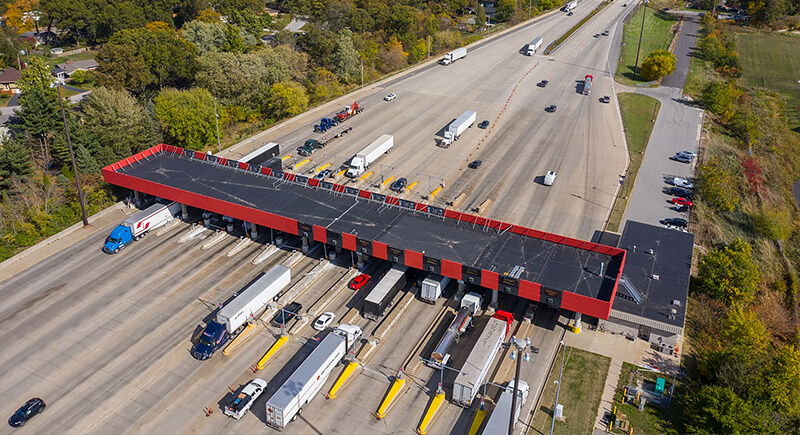
Credit: Facebook
Indiana entered into a 75-year lease of the Indiana Toll Road with a foreign consortium for $3.8 billion. While the upfront payment was used for infrastructure projects, the private operators later filed for bankruptcy in 2014 due to lower-than-expected traffic and revenue, raising concerns about the long-term viability and public benefit of such agreements.
Atlanta Water System Contract (1999)
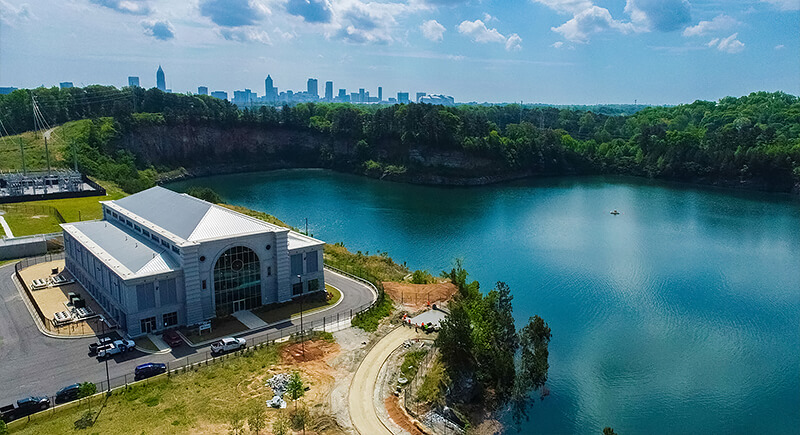
Credit: Facebook
Atlanta privatized its water system operations through a 20-year contract with United Water Services. However, the deal was terminated after four years amid widespread complaints about water quality issues, including reports of brown water, and poor service, highlighting challenges in ensuring accountability and service standards in privatized essential services.
Chicago Skyway Lease (2005)
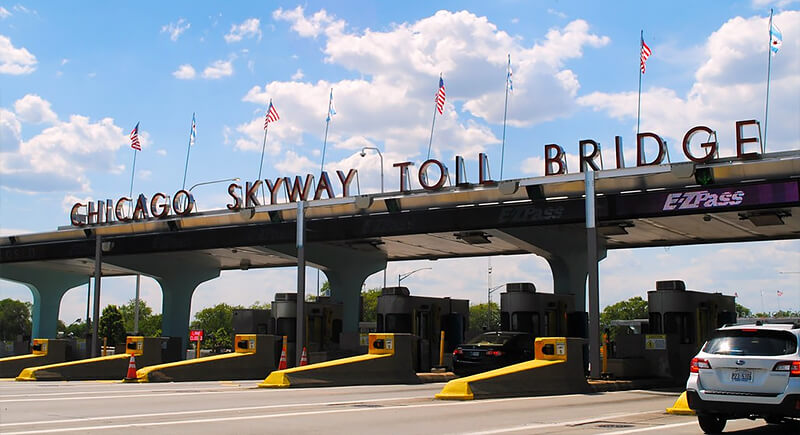
Credit: flickr
Chicago leased the Chicago Skyway, a 7.8-mile toll road, to a private consortium for 99 years in exchange for $1.83 billion. While the deal provided immediate funds, critics argue that the length of the lease and potential future revenue losses make it a questionable long-term decision.
Detroit-Windsor Tunnel Lease (2009)
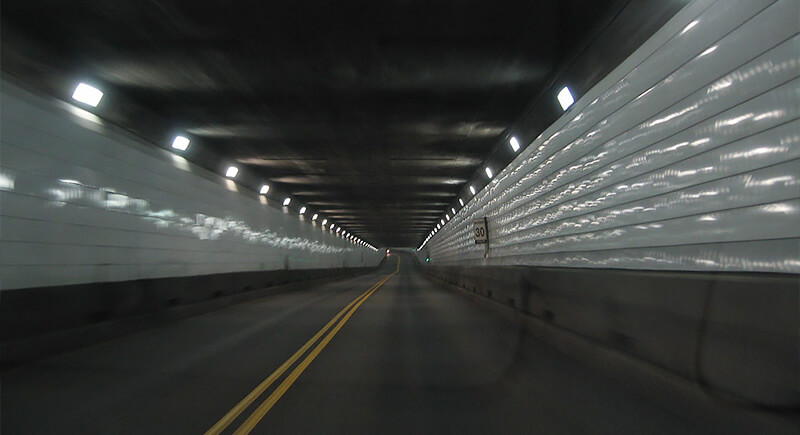
Credit: flickr
Detroit leased its half of the Detroit-Windsor Tunnel to a private operator to address budget deficits. The deal faced criticism for providing short-term financial relief at the expense of long-term revenue generation from the tunnel's operations.
New Jersey Turnpike (Proposed, then rejected, 2008)
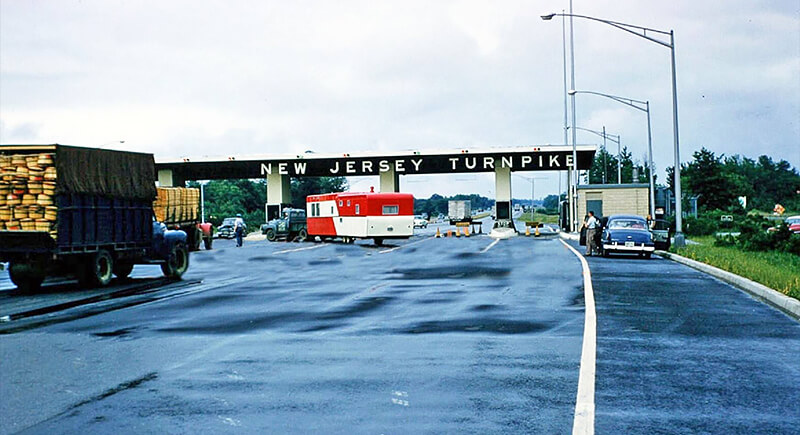
Credit: Facebook
Governor Jon Corzine’s proposal to lease the New Jersey Turnpike for up to 75 years to private investors was halted after intense public backlash. While it never went through, it’s still studied as an example of how politically radioactive privatizing core infrastructure can be—especially when revenue hikes are inevitable and oversight is unclear.
Texas State Highway 130 (2007)
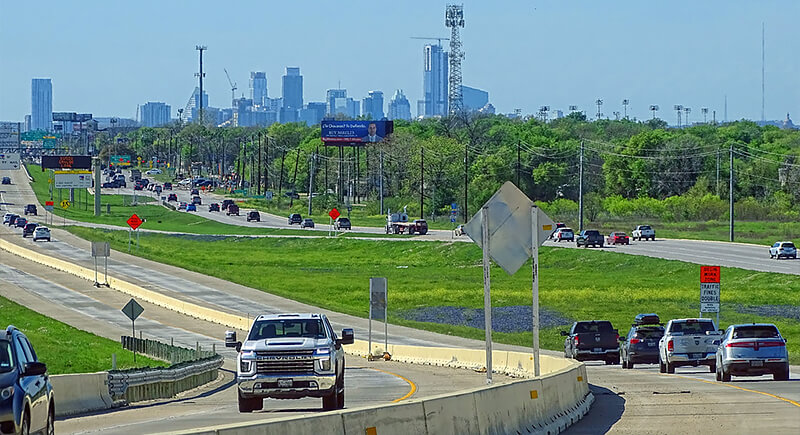
Credit: flickr
This toll road between Austin and San Antonio was built under a public-private partnership between Texas and Spanish company Cintra and Zachry American Infrastructure. Within a few years, the project defaulted due to low usage and bankruptcy followed. The state had to reassume control, and now it's a money pit. Another tale of overpromising traffic numbers to sell a deal.
California’s Orange County Toll Roads (1990s)
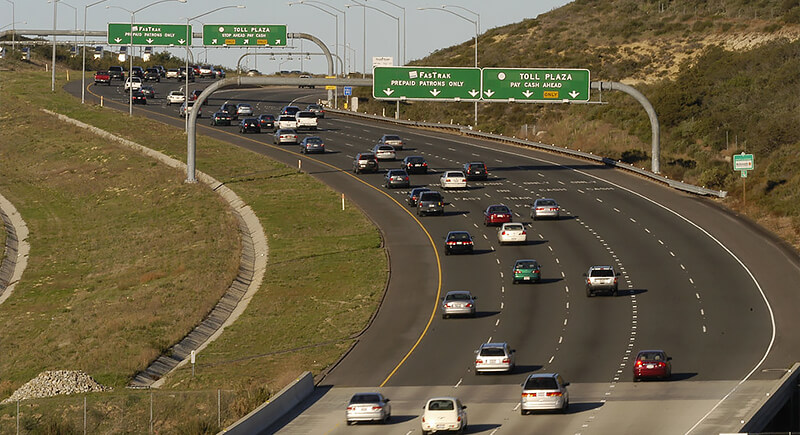
Credit: flickr
Privately financed toll roads like the Foothill Eastern and San Joaquin Hills were pitched as efficient, no-tax solutions to highway congestion. But when revenues didn’t meet projections, the state had to bail out the projects and restructure debt, all while commuters paid high tolls and endured poorly maintained infrastructure.
Midway Airport Privatization (Chicago, 2008 – failed deal)
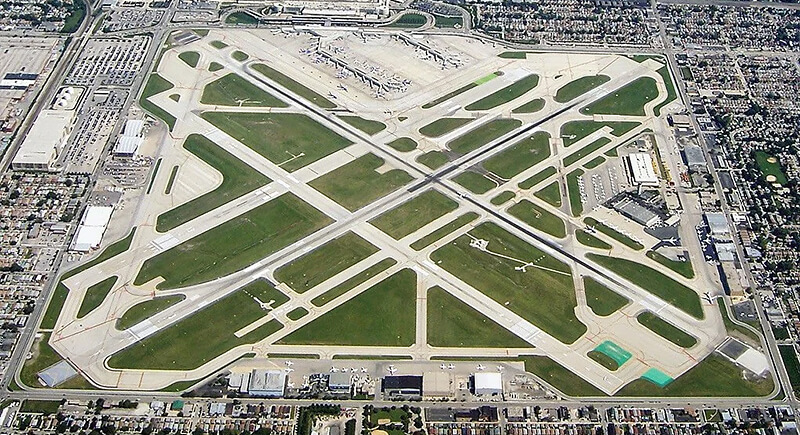
Credit: Reddit
Daley tried again, this time leasing Midway Airport for $2.5 billion to a consortium. The deal fell apart during the financial crisis, when investors couldn’t secure financing. But the city had already spent millions in legal and consulting fees, only to end up with nothing. It’s still used as a case study in high-risk privatization stalling mid-flight.
Jefferson County Sewer System (Alabama, 1990s–2000s)
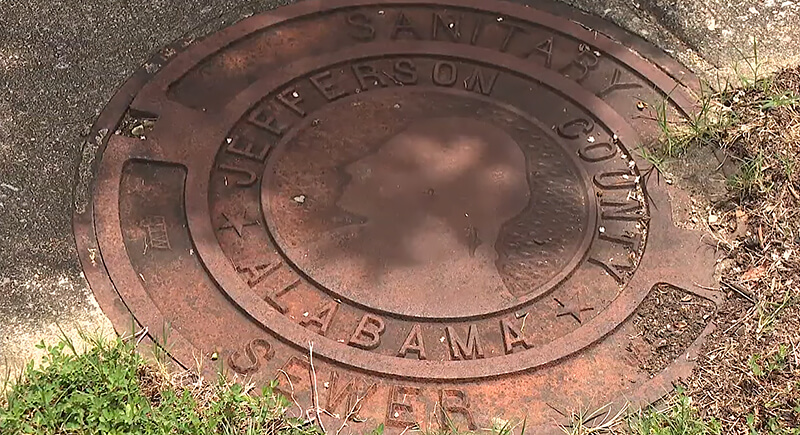
Credit: Youtube
This is one of the worst municipal finance disasters in U.S. history. A sewer upgrade funded through complex financial derivatives—pushed by Wall Street firms—ballooned into $4 billion in debt. The county declared bankruptcy in 2011, the largest municipal bankruptcy at the time. This wasn't a lease, but it’s a privatization-finance hybrid gone horribly wrong.
Harrisburg Incinerator Project (Pennsylvania, 2003–2011)
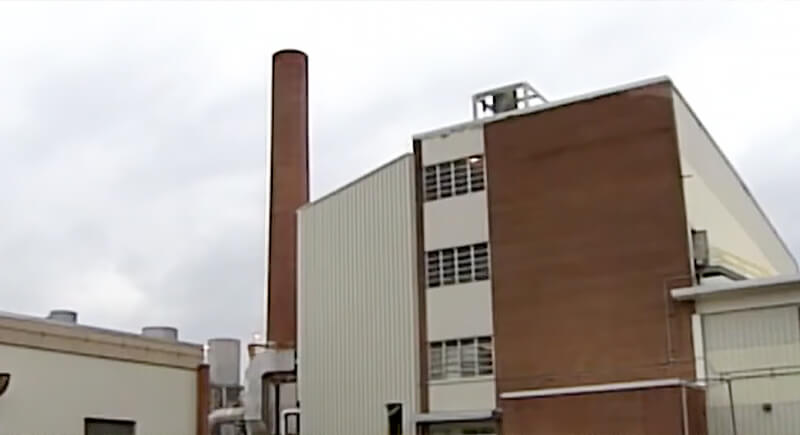
Credit: Youtube
Harrisburg bet big on a refurbished trash-to-energy incinerator—so big that they buried themselves in $300 million of debt. Mismanagement, over-optimistic revenue projections, and a private contractor that failed to deliver led to Harrisburg’s financial collapse and a state takeover. A clear case of the public bearing all the risk.
Denver FasTracks (Colorado, 2004–ongoing)
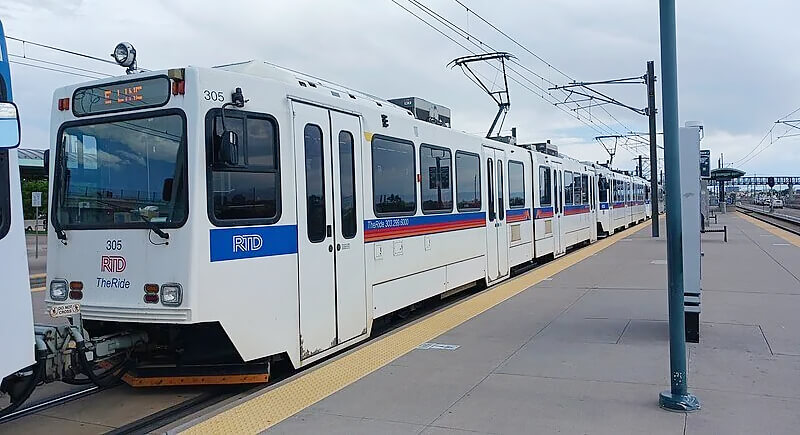
Credit: Reddit
FasTracks, a massive regional rail expansion, involved private partners taking on some of the risk for light rail construction and operation. While not a total disaster, cost overruns, delays, and unmet service expectations have turned it into a long-term reminder that “public-private” doesn’t always mean “cost-sharing”—especially when performance is hard to enforce.
Puerto Rico Electric Power Authority (PREPA, 2021–present)
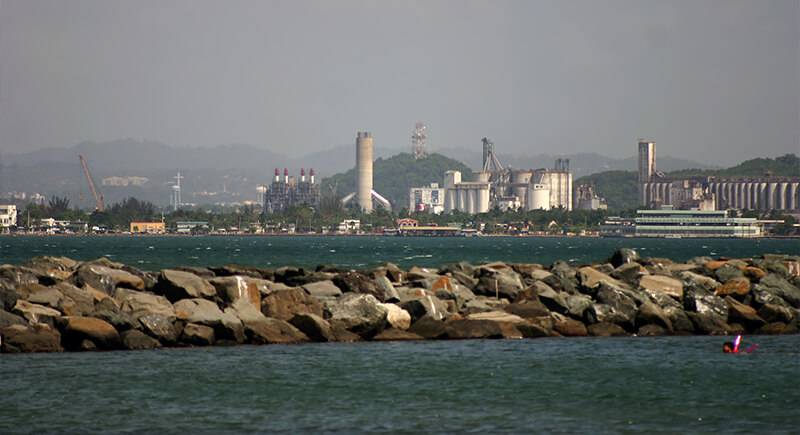
Credit: Wikipedia
After Hurricane Maria, Puerto Rico turned to private firm LUMA Energy to manage the grid. In theory, it would modernize and stabilize the system. In reality? Constant blackouts, rising prices, and public fury over lack of transparency. It's an ongoing disaster showing how even emergency privatization can spiral out of public control.
Arizona State Building Sell-Off (2010)
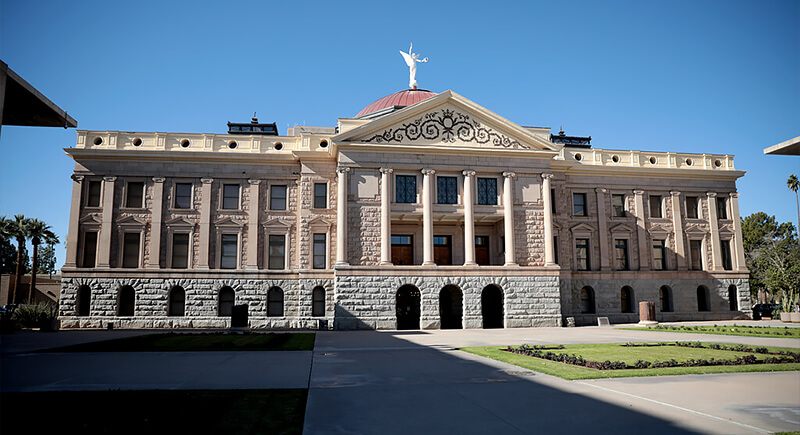
Credit: flickr
Facing a budget crisis, Arizona sold dozens of state buildings, including the state Capitol itself, to private investors—then leased them back. The state received about $735 million, but will pay over $1 billion to rent them back over 20 years. Selling the seat of government? Not a great look for fiscal prudence.
Parking Privatization in Pittsburgh (Failed, 2010)
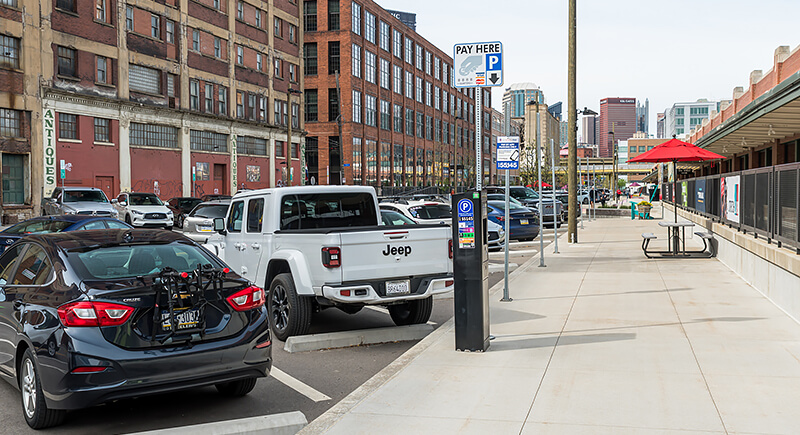
Credit: iStockphoto
In a near-repeat of Chicago, Pittsburgh attempted to lease its parking system to cover pension shortfalls. Public backlash was swift, and the city ultimately rejected the deal. While it didn’t go through, it left behind a ton of consulting fees, political fallout, and a cautionary tale about the desperation driving privatization proposals.

